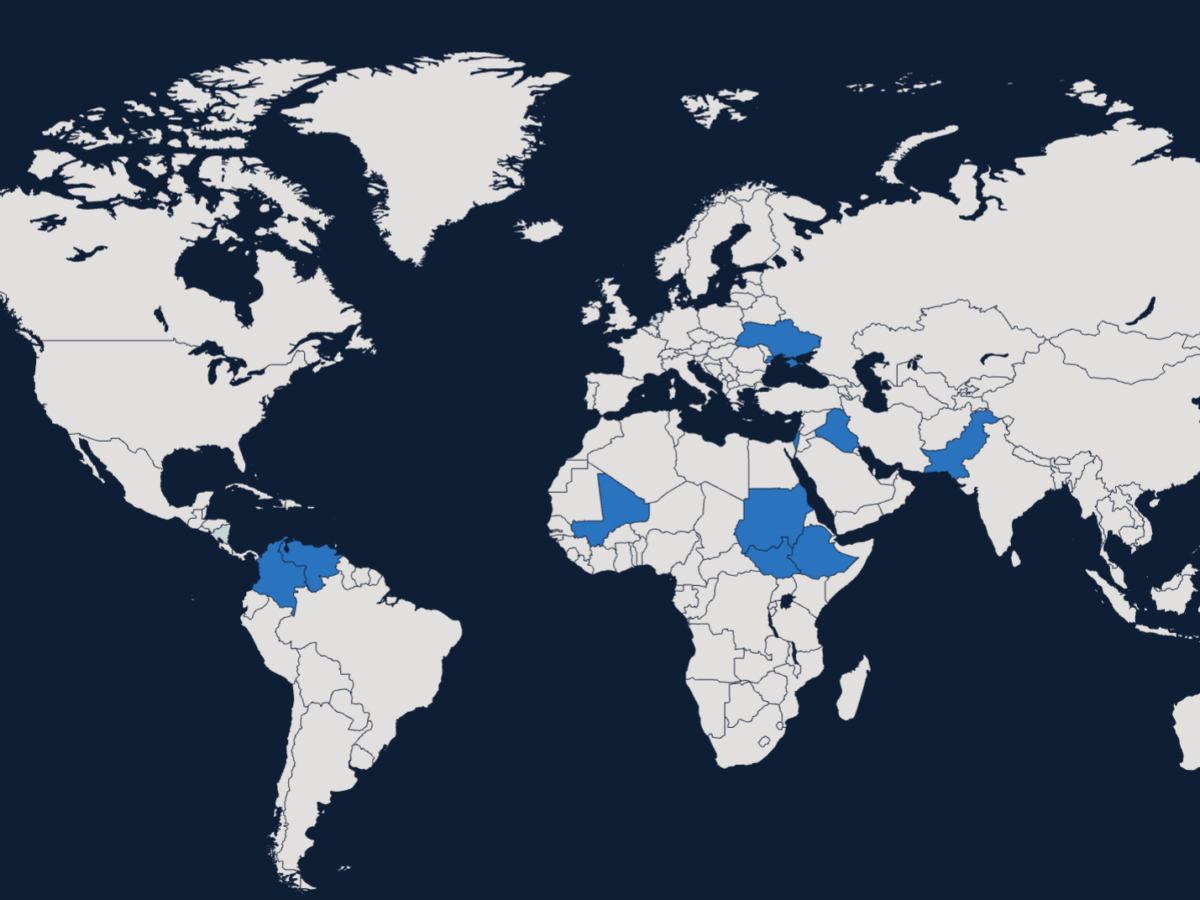Islam and Negotiation
The Islam and Negotiation Action Guide for Muslim Women is a practical tool for Muslim women negotiators–particularly Afghan women–to ensure that their rights are understood, effectively debated, and secured in settings where Islam informs the perspectives of the parties. It also offers non-Muslim negotiators and mediators a better understanding of the central Islamic values that may play a role in negotiation and mediation processes.
For decades, the Taliban and religious extremists have used radical interpretations of Islam for political purposes, including justifying the exclusion of women from social, political, and economic life. Yet as many scholars of Islam argue, Islamic tradition offers a strong framework to build equitable institutions that respect human rights as well as women’s rights.
This action guide–unlike other negotiation toolkits–provides the necessary foundation in Islamic legal and theological arguments to resolve conflicts peacefully and advance gender justice.
Authored by Dr. S. Ayse Kadayifci-Orellana with Hoda Al-Haddad and Youmna Al-Madani, the Action Guide is published by the Georgetown Institute for Women, Peace and Security with support from the United States Institute for Peace, Rockefeller Brothers Fund, Women Forward International, and Global Women Leaders.
Related briefs in English and Dari demonstrate how girls’ education, women’s employment, and women’s independence from a ‘mahram’ or guardian are supported by the Quran and Sunnah (Sayings and Practices of the Prophet Muhammed) and Islamic tradition.
At the report launch event, Afghan women leaders and leading Muslim academics shared their views on how Islamic tradition offers a framework to build equitable institutions that respect human rights as well as women’s rights.
Case Studies

Muslim women’s role in negotiation is often an under-researched and neglected area of research and practice. The guide offers practical, concrete, and well-devised recommendations on how to empower and strengthen Muslim women’s contribution to any negotiation process.
Girls’ Education and Islam
تعلیم دختران در دین مبین اسلام
Women’s Work and Islam
اشتغال زنان و دین مبین اسلام
Mahram: Women’s Mobility in Islam
محرم: همراهی زنان در دین مبین اسلام
Explore More

Conflicts and Trends to Watch in 2026

Women, Peace, and Security Shadow Report to Congress: What Was Built, What…
